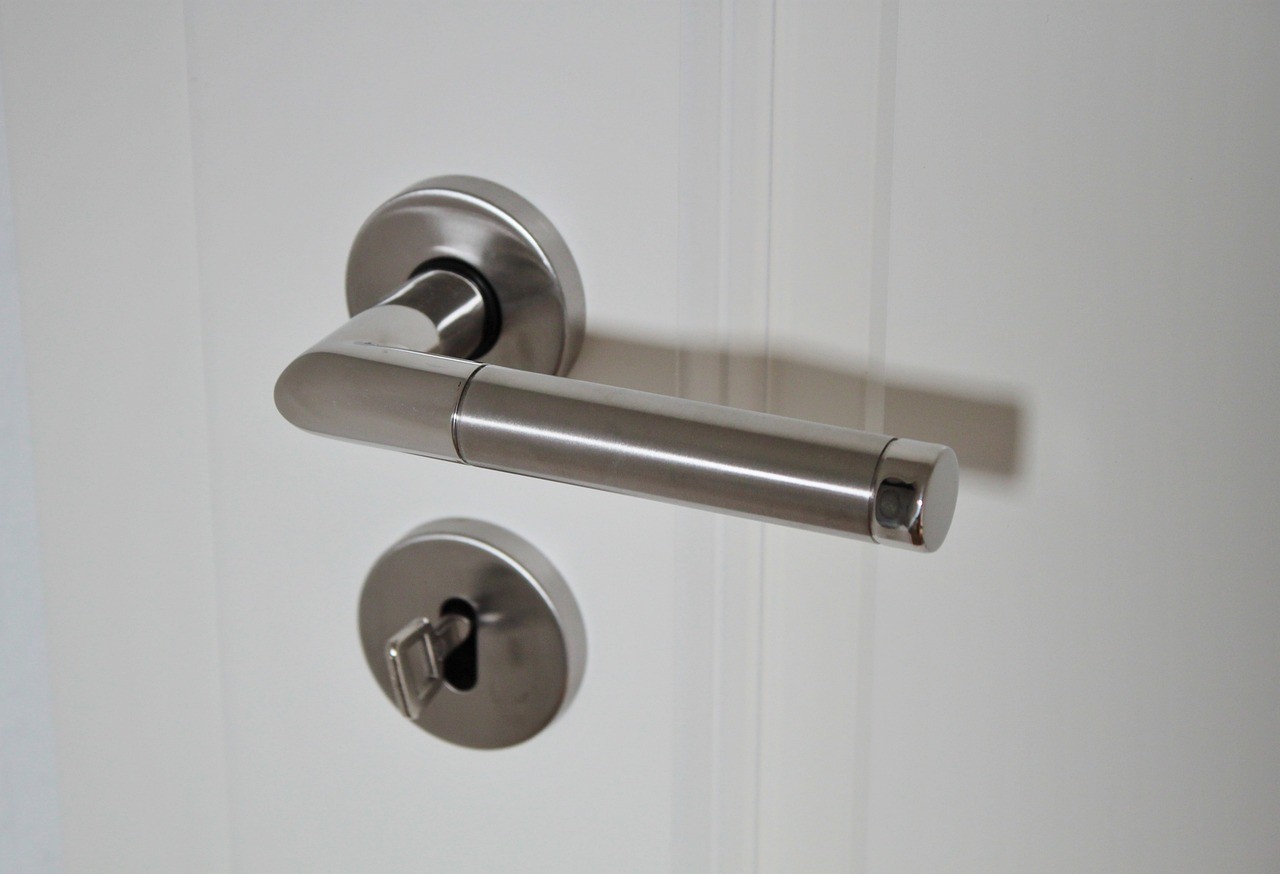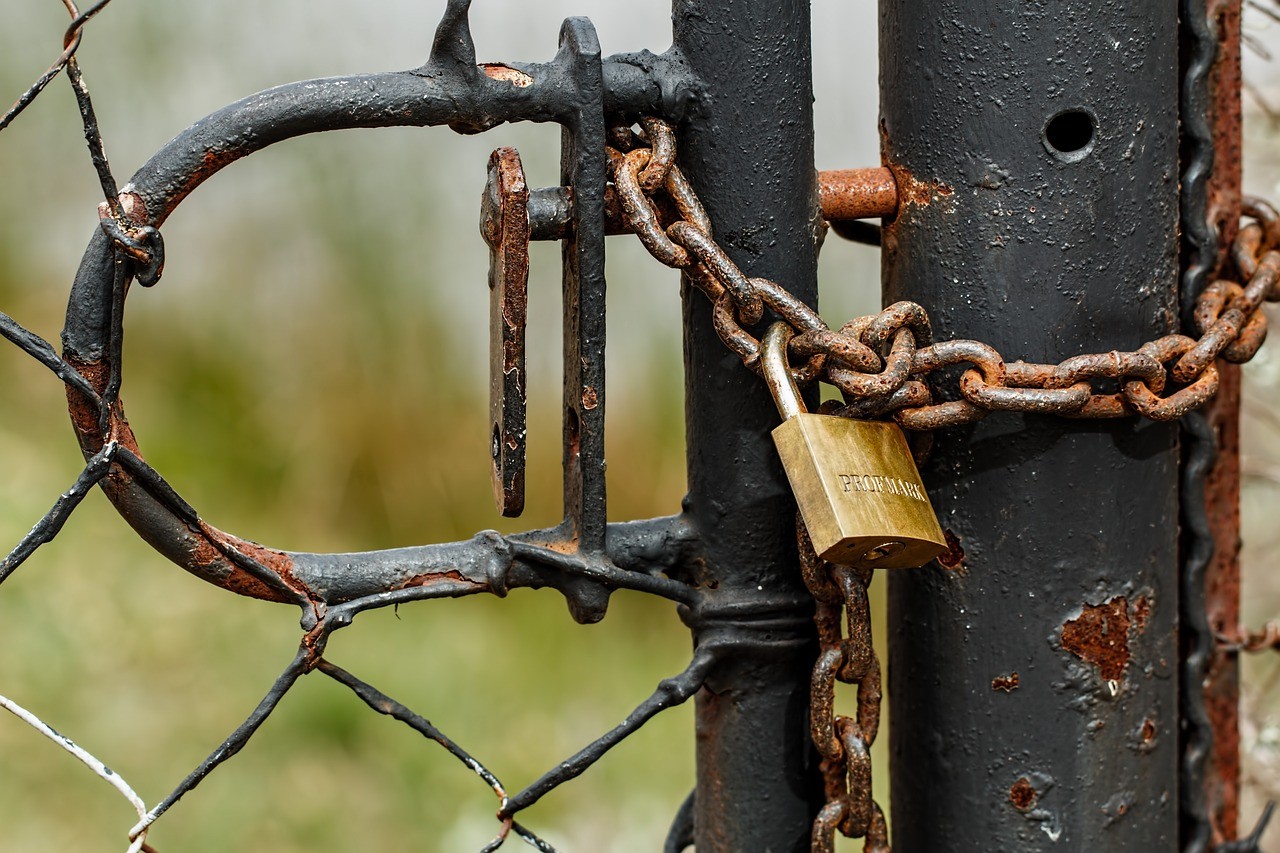When you are considering installing new locks in your home, office, or commercial facility, you must weigh a mortise vs. cylindrical lock. There are some key differences between the two locks that you need to know before making your final decision.
You may have heard these terms before, but that does not mean you understand the implications of choosing one over the other. Read further to learn how these locks will work in your space.
Mortise Locks vs. Cylindrical Locks
Mortise and cylindrical locks are similar in that they involve the handle or knob, allow you to lock the door, and add a level of security that you need in your home or facility.
At the same time, they are built differently. Mortise locks tend to be used in commercial or industrial facilities, and cylindrical locks tend to be used in homes. As you compare the two, decide which is best for you based on foot traffic, the type of doors you are using, and the level of security you want for each door.
Mortise
What is a mortise lock? A mortise lock is a lock and handles in one package. The handle typically sits below the lock, and the two are connected by a metal panel.
Unique Specification
Mortise locks are unique in that the handle does not accept the key.
For added security, a mortise lock has a special deadbolt that slides into a mortised channel in the door frame.
Even if you break the handle, the lock cannot be breached. This is a distinction that is often used when locksmiths sell these locks.
You do not want to leave yourself open to crime or theft when you can install an almost indestructible lock.
Strong Deadbolts
Mortise locks help you with security because the deadbolts are very strong, and long, and sink deep into the doorframe.
At the same time, the handle on the mortise lock is designed to be used repeatedly throughout the day. Most locksmiths will tell you that you should use a mortise lock if you have more than 100 guests in a day.
Mortise locks are also useful for secure offices, file rooms, and even a room where you store the lockbox for your business.
Mortise locks can be used on the backdoors of retail establishments, and they can be used on the front doors of offices.
For example, you could have a mortise lock installed on your office door when you rent inside a large building.
Many people walk through that building in a day, and they cannot simply break the knob to enter your office.
Installation Features
At the same time, mortise locks are not easy to install. You should have a mortise lock installed by a professional, and they should make sure that they can safely bore out a hole for the deadbolt. Mortise locks could damage wood doors because the lock is stronger than the door. Ensure that you are using a heavy mortise lock with a heavy metal door.
Summary
The bottom line is that a mortise lock is very secure, can help you lock down any facility, and could be used for the exterior doors of your home if you are concerned about break-ins. Ask a professional to install the lock, and make sure the door you are using is strong enough to support the lock.
Cylindrical lock
What is a cylindrical lock? A cylindrical lock is a kind that you will find on the doors in your house, the doors in most offices, and the doors for many shops. The lock and the knob are connected, and you can easily install these locks by yourself.
Ease of Install
Cylindrical locks are designed to be simple. If you fire someone from your office, you can easily replace the cylindrical lock on the front door yourself. You can replace knobs around your home, and you can even replace the exterior door knobs because cylindrical locks simply fit through the hole cut in the door.
Different styles
You can buy cylindrical locks in thousands of different styles, and you can match the locks to your decor.
These locks are perfect for offices that do not need high security, can be used for all the interior doors in a shop, and can even be used for something like a gas station bathroom.
Cylindrical locks are also helpful in that they can replace traditional doorknobs.
If you would like to add a lock to a certain door, you can remove the old knob, use a cylindrical lock, and you can keep the door locked. You do not need to be a locksmith.
Low level of Protection
Cylindrical locks are easier to break. You can break the knob, and the lock will stop working. In extreme cases, an intruder can use a hammer and sharp object to punch the lock through the knob.
The lock ceases to function, and the door can be opened. Plus, some cylindrical locks will start to wobble over time because the inner mechanism is not designed for commercial use. Installing cylindrical locks in a high-traffic area will lead to constant lock replacements.
Summary
The bottom line is that cylindrical locks are useful inside homes and offices. You can replace these locks easily, and you can match them to your personal style. However, these locks should not be used in high-traffic areas or in locations where you are concerned about break-ins or crime because they are too easy to breach.
Insights and Takeaways
Choosing the appropriate locks for your home or facility will help you protect your property, control access to the building, and even upgrade your decor. Mortise locks should be used in high-traffic areas, and they should be installed by a professional so that you can sink the deadbolt deep into the doorframe.
You can quickly replace a cylindrical lock on your own if you need to, and you can even replace a traditional doorknob with a cylindrical lock if you would like. You simply need to make sure you are using the appropriate door because mortise locks are much stronger than cylindrical locks.



